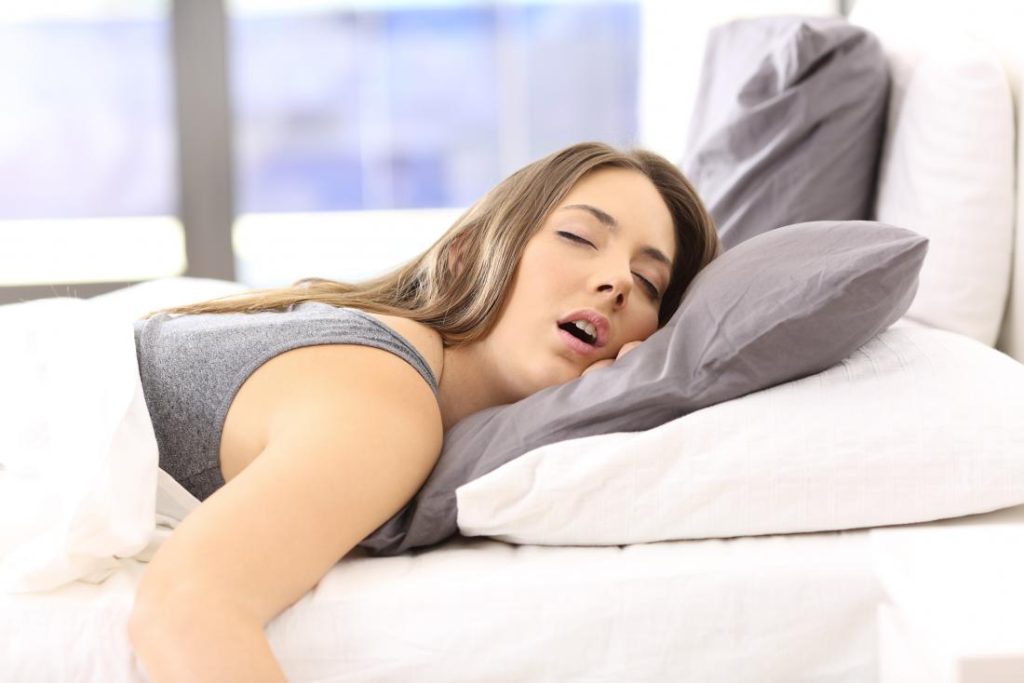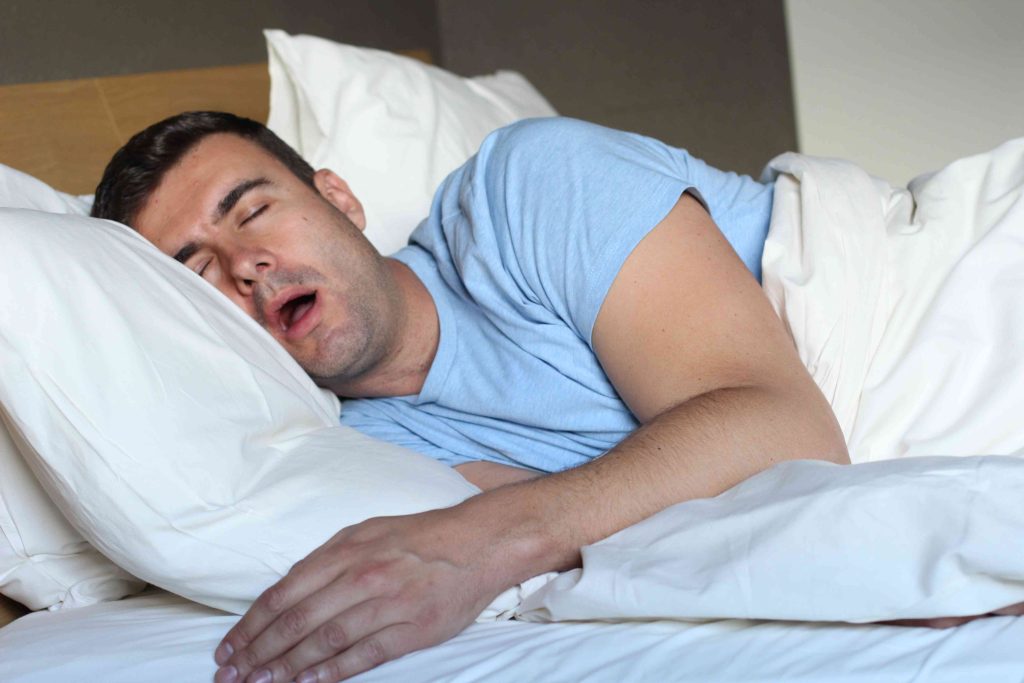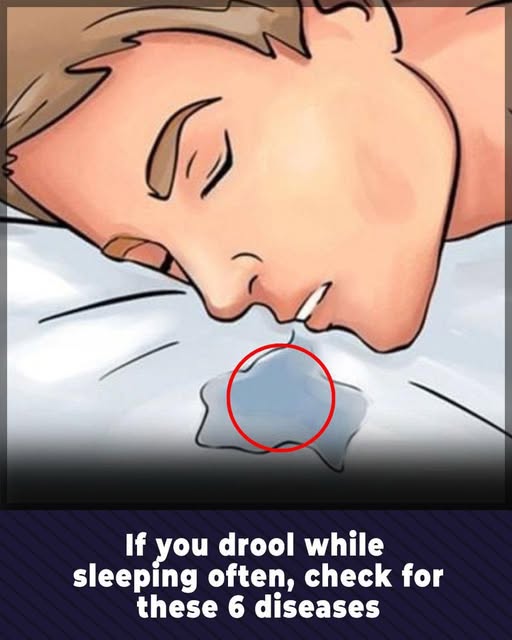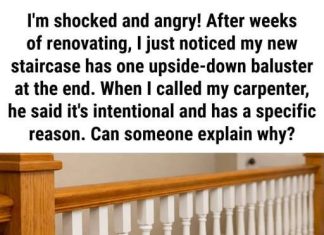Drooling in your sleep—also called sialorrhea—means excess saliva escapes from the mouth. It happens due to a combination of factors: relaxed jaw muscles, mouth breathing, or increased saliva production. While occasional drooling is common, chronic or excessive drooling can signal underlying health issues
1. Sleep Position & Muscle Relaxation
When you lie on your side or stomach, gravity encourages saliva to flow out of a relaxed mouth. During deep (REM) sleep, jaw muscles relax further, and you swallow less often, leading to pooling and drooling

Tip: Try sleeping on your back to reduce drooling. Keeping your mouth closed and breathing through your nose also helps .
2. Nasal Congestion, Allergies & Sinus Issues
If your nasal passages are blocked—due to a cold, sinus infection, or allergies—you may breathe through your mouth at night. Mouth breathing increases the chance of drooling
Remedies: Use a saline spray, humidifier, or treat allergies to open nasal passages and promote nasal breathing .
3. Gastroesophageal Reflux Disease (GERD)
GERD can cause acid reflux and dysphagia (difficulty swallowing). The body often compensates by producing more saliva to soothe irritation, which may overflow during sleep Suggestion: Elevate your head while sleeping, avoid eating before bed, and consult a doctor for proper GERD management .
4. Obstructive Sleep Apnea (OSA)
In sleep apnea, airway blockages cause pauses in breathing. Mouth breathing escalates, and saliva may escape more often
Symptoms: Snoring, gasping, daytime drowsiness, and headaches.
Action: Seek medical evaluation; CPAP machines and positional therapy can help reduce drooling ﹣ especially if tied to sleep apnea .
5. Bruxism (Teeth Grinding)
Grinding teeth at night often aligns with mouth breathing. The relaxed jaw and mouth-agape posture encourage drool. Additionally, grinding may stimulate saliva production as a protective response
Solution: Consult a dentist for a bite guard and stress management techniques.
6. Medications as a Factor
Certain medications—especially antipsychotics, sedatives, Alzheimer’s drugs, antibiotics, and anticholinergics—can increase saliva or impair swallowing muscles, leading to drooling
Advice: Don’t stop medications; talk to your healthcare provider about alternatives or dosage adjustments.
7. Oral Infections & Dental Issues
Infections like cavities, gum disease, or tonsillitis trigger saliva production to fight bacteria. The excess saliva may escape during sleep .
Recommendation: See a dentist or ENT promptly if symptoms like pain, swelling, or bleeding gums are present.
8. Neurological or Age-Related Causes
Neurodegenerative conditions (e.g., Parkinson’s, stroke, ALS, Bell’s palsy) impair swallowing reflexes and increase salivation, leading to drooling.
Older Adults: Reduced muscle tone around the mouth also contributes. Strengthening exercises and sleeping posture changes may help .
When to Seek Medical Advice
While rare, sudden or severe drooling—especially alongside other symptoms—warrants professional evaluation. Consult a doctor or dentist if drooling is persistent or impacting sleep, hygiene, or self-esteem.
Practical Tips to Reduce Drooling
- Sleep on your back with nasal breathing.
- Treat congestion: saline spray, humidifiers, allergy meds.
- Address reflux: avoid late meals, elevate the head.
- Manage OSA: CPAP or positional therapy.
- Use a night guard for bruxism.
- Maintain oral health: regular dental and ENT checkups.
- Review medications with your doctor for side effects.

Final Takeaway
Drooling in sleep is often harmless—driven by position, congestion, or muscle relaxation. But if it’s frequent, excessive, or bothersome, it may signal underlying issues like reflux, sleep apnea, or neurological conditions. By adopting simple lifestyle adjustments and seeking medical guidance when needed, you can reduce drooling, improve sleep, and enhance daily comfort.

















